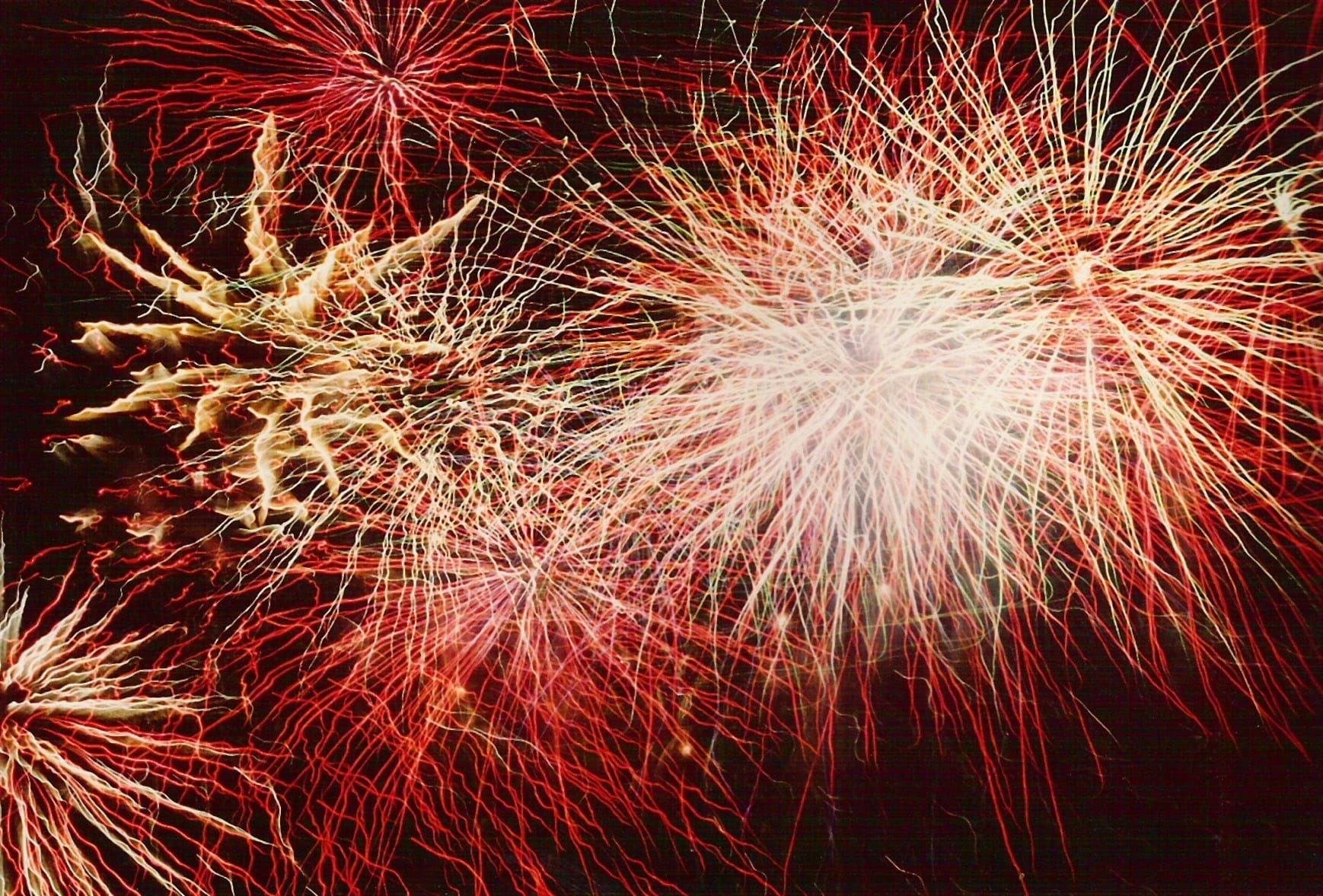Shop Class in Oak Park, Sacramento, has created a model for what inclusive education can be for neurodiverse children and young adults. It is much more than a shop class with machines and tools. Shop Class is a space that was built on the idea of creating an environment where children with ADHD, Autism Spectrum
The Fourth of July can be a sensory minefield for kids with autism. Fireworks, crowds, loud music, unfamiliar routines all of it stacked into one day. While some families view it as an opportunity to gather and celebrate, others are simply trying to get through it without a meltdown. And there’s no shame in that. Not every child experiences “fun” the same way, and that includes how they handle holidays.
That doesn’t mean families can’t participate. It just means things might need to look different. With a bit of planning, the Fourth of July can be a safe and manageable, even enjoyable experience.
Shorter Is Better
No rule says families must attend every part of a celebration. Sometimes, staying for just the barbecue or watching fireworks from the car is the best course of action. Partial participation still counts. The key is knowing what works and leaving before things get too intense.
Choose the Right Environment
Setting matters. Being around others can be meaningful, but there needs to be a way out, a quiet room, a shaded corner, or an escape plan if things get too loud. Some families opt for locations with a view of fireworks but no crowd. Others host their calm version of the event at home, where the space is predictable and safe.
Prepare in Advance
Children on the spectrum often handle events better when they know what’s coming. Watching videos of fireworks, reading books about the Fourth of July, or using social stories can help them anticipate what to expect. Tailoring these tools to their specific interests, like fireworks at Disneyland or themed cartoons, makes them even more effective.
Bring What Works
Comfort items are not extras, they’re essentials. Headphones for loud sounds, sensory toys, snacks, drawing materials, or any other familiar objects that help with regulation should be packed and ready. Families shouldn’t feel self-conscious about bringing gear. These items can prevent meltdowns and give children a sense of control during unpredictable moments.
Make Safety Visual
Visual boundaries work. Marking off dangerous areas (like where fireworks are being lit) using bright tape or signs can help keep kids safe. If there’s water nearby, assign a designated adult to be a “water watcher,” rotating every 15–20 minutes to ensure constant supervision. Safety doesn’t need to be complicated; it just needs to be consistent and visual.
Ask for Support in Sacramento
Other adults at the gathering often want to help, but don’t always know how. Giving them clear instructions like counting down before setting off a firework or helping enforce boundaries can make a big difference. Families don’t have to manage the entire event alone.
If you’re looking for support or resources for your child with autism, we’re here to help. Reach out to Sacramento ABA anytime.
Sacramento ABA encourages families to celebrate in ways that work for them, without pressure to meet social expectations. Holidays don’t need to be perfect to be meaningful. What matters most is that children feel safe, understood, and supported in every environment, including festive ones.

